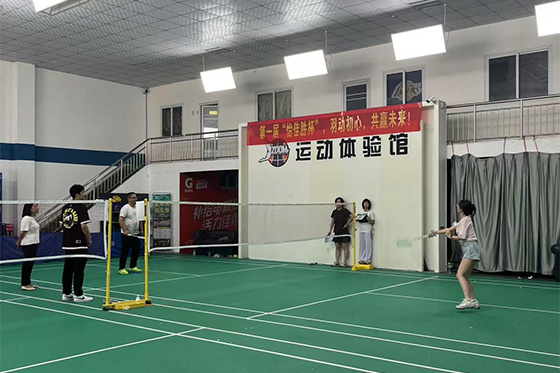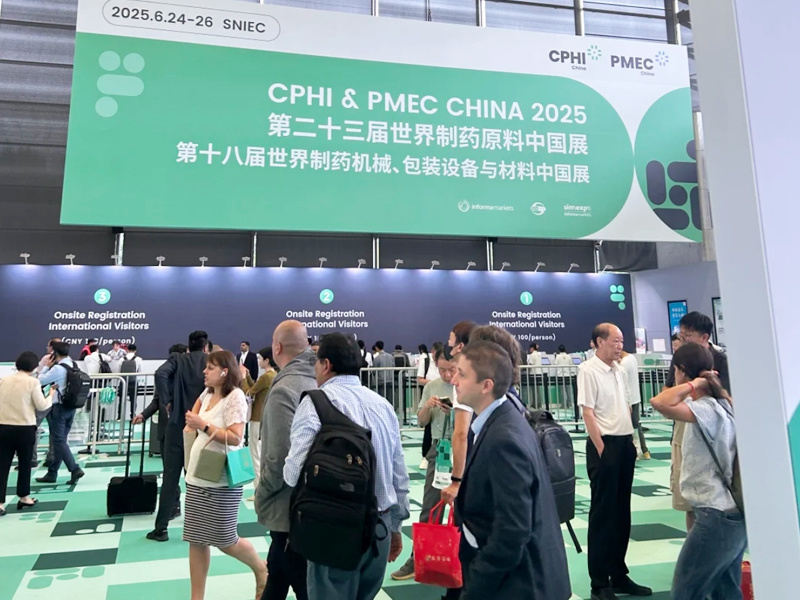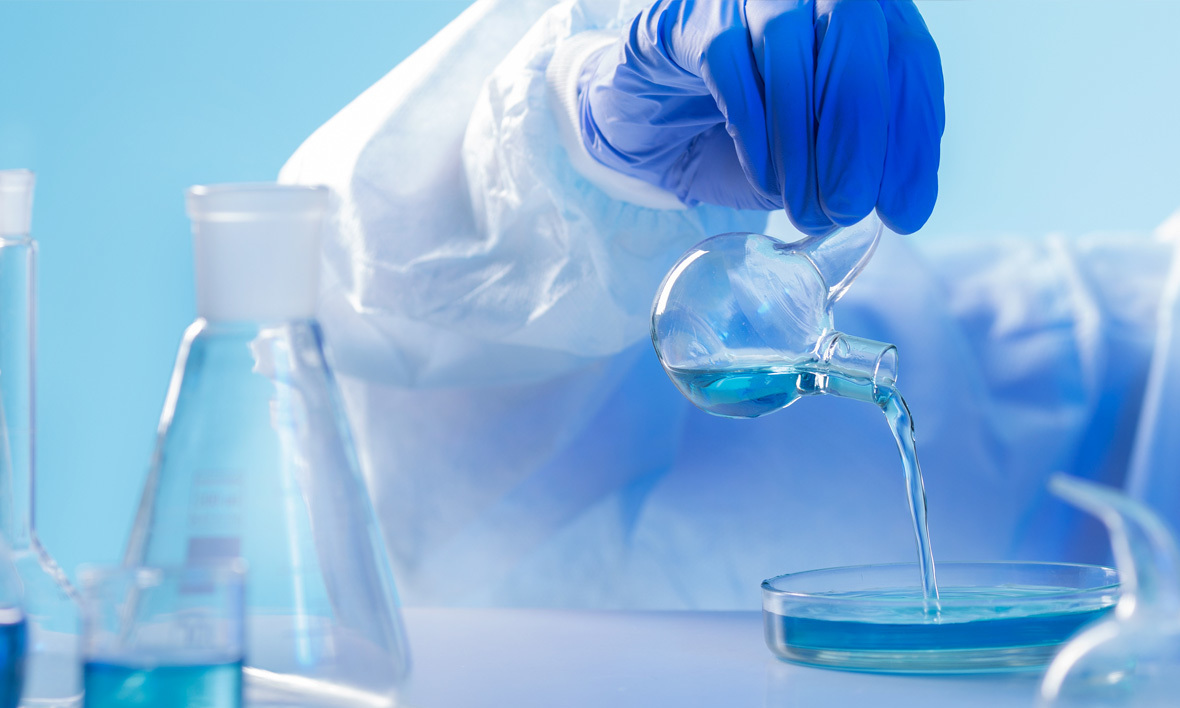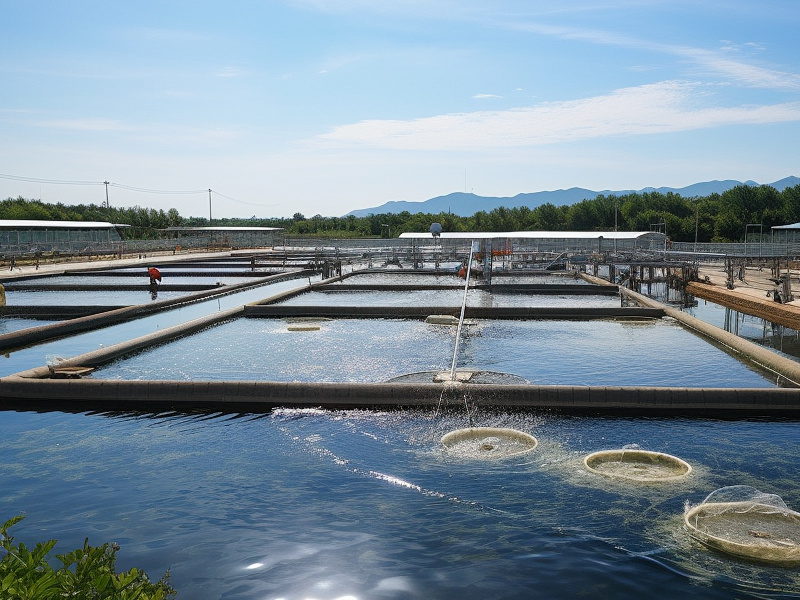Polyvinylpyrrolidone PVP in the pharmaceutical industry
Release Time:
Nov 12,2021
In the wave of innovation in the pharmaceutical industry, polyvinylpyrrolidone (PVP, polyvinylpyrrolidone) has become a key player in drug development and production due to its unique chemical properties and biocompatibility. As a water-soluble polymer compound, polyvinylpyrrolidone has demonstrated multiple values in the fields of drug formulation, novel drug delivery systems, biomedicine, etc., and continues to promote the progress of pharmaceutical technology.

In the wave of innovation in the pharmaceutical industry, polyvinylpyrrolidone (PVP, polyvinylpyrrolidone) has become a key player in drug development and production due to its unique chemical properties and biocompatibility. As a water-soluble polymer compound, polyvinylpyrrolidone has demonstrated multiple values in the fields of drug formulation, novel drug delivery systems, biomedicine, etc., and continues to promote the progress of pharmaceutical technology.
Polyvinyl ketone plays the role of “universal excipient” in pharmaceutical preparations. In the production of tablets and granules, polyvinyl ketone, as a binder, can effectively improve the molding and hardness of the drug powder, for example, in the preparation of antibiotic tablets, low molecular weight polyvinyl ketone K15 ethanol solution can reduce the effect of heat and humidity on the activity of the drug. As a dispersant and co-solvent, povidone can significantly improve the solubility of insoluble drugs, such as vitamin A, D and other fat-soluble drugs, through the formation of colloidal solution with povidone, bioavailability is greatly improved. In addition, cross-linked polyvinylpropanone (PVPP), with its excellent water-absorbing and swelling properties, becomes a highly efficient disintegrating agent, accelerating the release of drugs in the gastrointestinal tract. According to industry data, more than 60% of solid dosage forms contain povidone-related ingredients, and its importance in the formulation field is self-evident.
Polyvidone also plays a central role in the development of new drug delivery systems. As a solid dispersion carrier, povidone can form a stable system with insoluble drugs, inhibit drug crystallization, and enhance the dissolution rate; in the slow-release preparation, povidone and hydrophilic gel material combination, to build a controlled release of the skeleton system. In the field of nano drug delivery, polyvinyl ketone acts as a surface stabilizer, effectively preventing the aggregation of nanoparticles and prolonging the circulation time of drugs in the body. A clinical study showed that the enrichment efficiency of drugs at the site of lesions was increased by more than 30% with nano-targeted formulations modified with polyvinyl ketone, fully demonstrating its potential in precision medicine.
The biocompatibility of povidone has made it shine in the biomedical field. Although the use of povidone as a plasma substitute has declined due to safety concerns, its lubrication role in surgical and medical devices, such as lubricating coatings for catheters and endoscopes, remains critical. In contact lens solutions, povidone reduces lens damage to the cornea through its moisturizing and lubricating properties. In addition, the combination of povidone and iodine to form povidone-iodine (PVP-I), as a highly effective disinfectant, is widely used in skin and mucous membrane disinfection, with a market share of more than 40% of similar products.
Looking into the future, the application prospect of polyvinyl ketone in the pharmaceutical industry is even broader. With the development of preparation technology towards intelligence and precision, environment-responsive povidone derivatives will become a hotspot for research and development, providing new solutions for gene therapy, cell carriers and other cutting-edge fields. At the same time, the potential of polyvinyl ketone in drug storage and stability improvement,
Key words:
News Hotspot
















